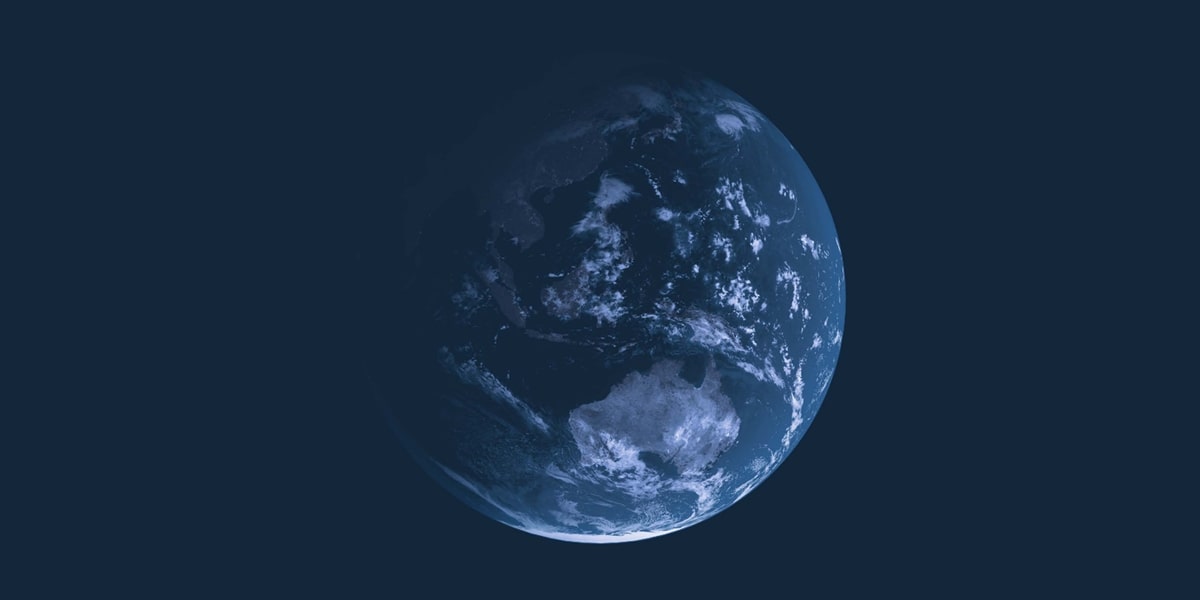Jokowi’s visit to Australia is about much more than electric vehicles
Originally published in Channel News Asia

Indonesia’s President Joko Widodo carries a personal ambition in his visit to Australia this week, to secure Australia’s support for Indonesia’s nascent electric vehicle ambitions.
The hope for a stronger partnership between the two nations is not new - Australian Prime Minister Anthony Albanese made an early trip to Jakarta after winning power last year and a long line of political leaders on both sides have spoken about not allowing the relationship to be defined by past controversies.
The EV objectives offer a chance to set relations on a more stable footing.
Jokowi Seeks To Leave A Legacy
Jokowi, as Indonesia’s President is widely known, has a little more than a year left in power and will be eager to see his legacy confirmed. Last month he launched the final draft of 2025-45 National Long-Term Development Plan, setting out a compelling roadmap to transform the Indonesian economy.
This not only envisions Indonesia as a high-income country on par with developed nations but also significantly emphasises social equality, human capital development, and environmental sustainability, driving the poverty rate to zero.
The aim is to solidify Indonesia’s position as a respected and influential global actor, committed to solving global challenges. Jokowi’s government wants Indonesia to have an innovative workforce, fostering entrepreneurship to meet demands with a cleaner and more resilient environment for future generations.
The EV ambition is emblematic of this vision for Indonesia and has become the focus of the President’s trip to Australia, particularly in securing raw materials required to establish successful battery production. But the ambition is wider.
In office, Jokowi has adopted a hands-on approach, frequently engaging with citizens, visiting remote areas, and listening to their concerns. Policy-wise he has maintained a focus on infrastructure development, economic reform, healthcare, social welfare, digitalisation, and sustainable growth.
Central to this is the government’s “downstreaming” policy, with the aim to unlock the full potential of Indonesia’s abundant natural resources as the basis for a more prosperous and sustainable future.
Jokowi wants Indonesia to capture a larger share of the value chain by moving out of raw material exports into processed and finished goods production. This is seen as key to unlocking greater economic value, creating jobs, and fostering innovation.
More Than Just EV Production
For EVs, Jokowi’s administration has sought partnerships with other countries to leverage Indonesian advantages in nickel production, a crucial component in EV batteries.
However, Indonesia has limited lithium resources, another essential element in batteries and a resource Australia has in abundance.
Jokowi has flagged with Albanese Indonesia’s interest in obtaining lithium from Australia. The encouraging response from Albanese demonstrates a promising start to bilateral collaboration on what Indonesian hopes will develop as an EV ecosystem, taking in various aspects of production.
For Indonesia and Australia, collaborating on responsible and sustainable resource extraction can ensure a stable supply chain for EV production, attracting investments and creating jobs in both countries, drawing on Australia’s advanced manufacturing expertise and Indonesia’s established automotive manufacturing industry.
Discussions with Indonesian business people underscore a strong desire to foster partnerships with Australian counterparts.
But the aim is wider than just EVs. The scope for potential collaboration spans a wide range of sectors, including mining, energy, education, healthcare, e-commerce, fintech, and more.
There are ample prospects for joint ventures, investment, and knowledge sharing. An EV ecosystem should be seen as just the beginning.
